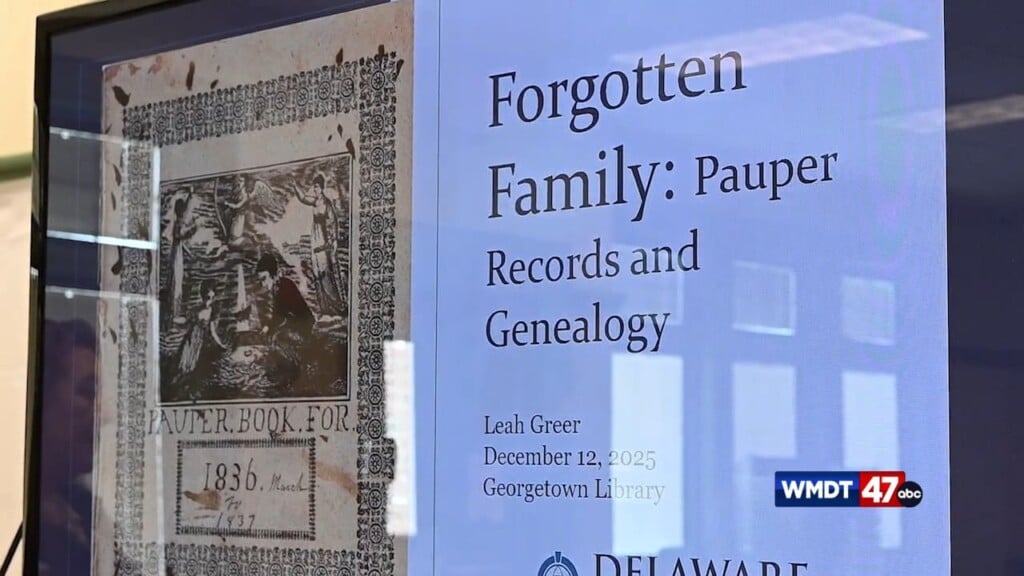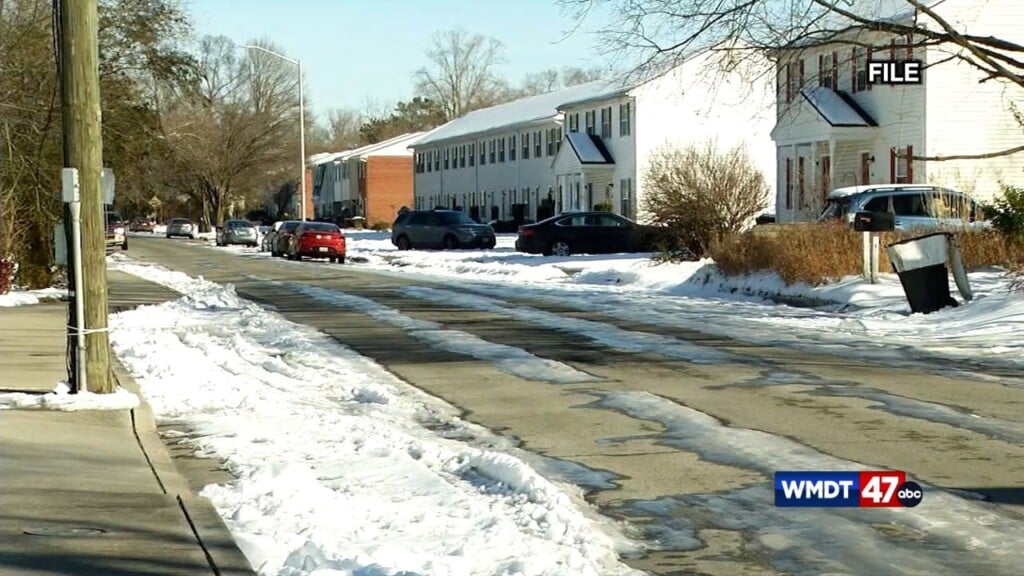Bill from Rep. Blunt Rochester could help fix miscalculation worth millions
DELAWARE – A miscalculation worth millions has been impacting nursing programs for over a decade.
Miscalculation Worth Millions
Twelve years ago, the Centers for Medicare and Medicaid Services (CMS) miscalculated how to distribute funding for direct graduate medical education (GME) programs. “Us sharing this reimbursement with GME programs makes sense. Both programs support the workforce, but having us retrospectively pay back the funding seems very unfair, especially at this time right now,” said Beebe Healthcare’s Margaret H. Rollins School of Nursing Karen Pickard.
The incorrect numbers crunch caused CMS to overpay GMEs by millions of dollars. “We get significant reimbursement from CMS because we are a hospital-based nursing program. So, it is a large effect on our fiscal support,” said Pickard. “Moving forward, these funds will either be significantly decreased or come to a halt.”
TRAIN Act
Now, lawmakers in Washington are hoping to pass the Technical Reset to Advance the Instruction of Nurses (TRAIN) Act. The bill would make a technical fix to a section 541 of the 1999 Balanced Budget Refinement Act. The fix would adjust for the overpayments CMS mistakenly made to hospitals participating in the Medicare Advantage Nursing and Allied Health Professional Education program between 2010 and 2018.
U.S. Representative Lisa Blunt Rochester is the sponsor the bill. She says it would help ensure that those GMEs won’t have to foot the repayment bill to CMS. “We want to make sure that they have the resources to be able to continue to train the next generation and the current generation of nurses, to be able to help and do their job and do in a way that really reflects this moment,” said Rep. Blunt Rochester.
Local Workforce, Local Development
Beebe Healthcare’s Margaret H. Rollins School of Nursing is the only hospital-based program in Delaware. Pickard says about 80% of their graduates are hired by Beebe. “Most of our graduates stay in Sussex County. So, our school is very essential for Sussex County for workforce development, and even more so since the pandemic,” she said.
Developing the health care workforce has been a staunch effort for years, according to Pickard. And she says, the COVID-19 pandemic has only exacerbated the health care worker shortage. “Our students were hands-on in our vaccination clinics, they were hands-on during the COVID-19 testing. We have a great partnership with our hospital that our students were never forced to do their clinical experiences virtually,” said Pickard. “We need to do everything we can to support the education of our future nurses.”
Figuring Out The Future
Pickard says she wants to see equitable distribution of funds for every program. But the bill could leave them looking for money elsewhere. “Nursing education is the pipeline for our workforce in health care. So, in order for us to sustain as a community-based hospital, which supports the nursing education program, that fiscal support is essential,” said Pickard.
If their funding is decreased or stopped all together, Pickard says tuition costs could go up. “We pride ourselves on attracting students who live and want to stay and work in the area, and we have a very affordable tuition,” she said. “So, down the road, if the funding ceases to exist or decreases significantly, it could affect our tuition rates.”
On the bright side, Pickard says that Beebe is fortunate in that it enjoys significant community support. Plus, Pickard says she’s proud to see Delaware’s legislators taking the lead on the TRAIN Act. The bill was introduced in July of 2021, and has been referred to the Subcommittee on Health.


